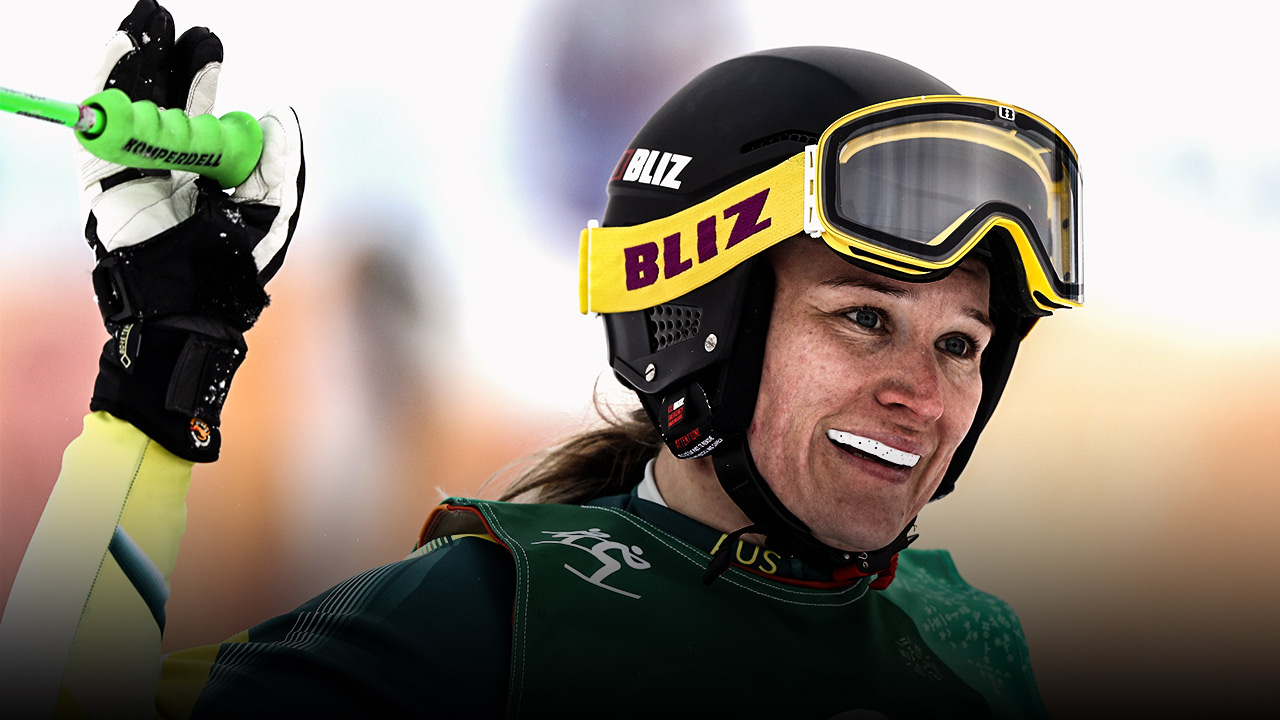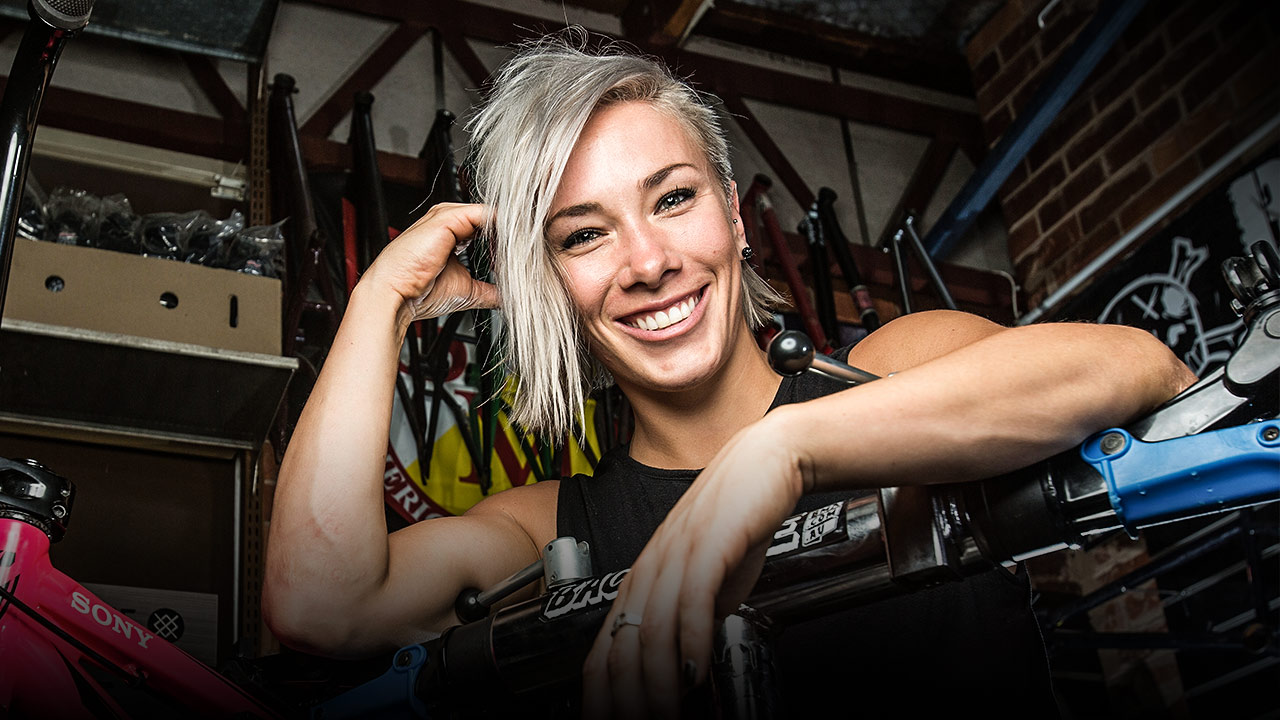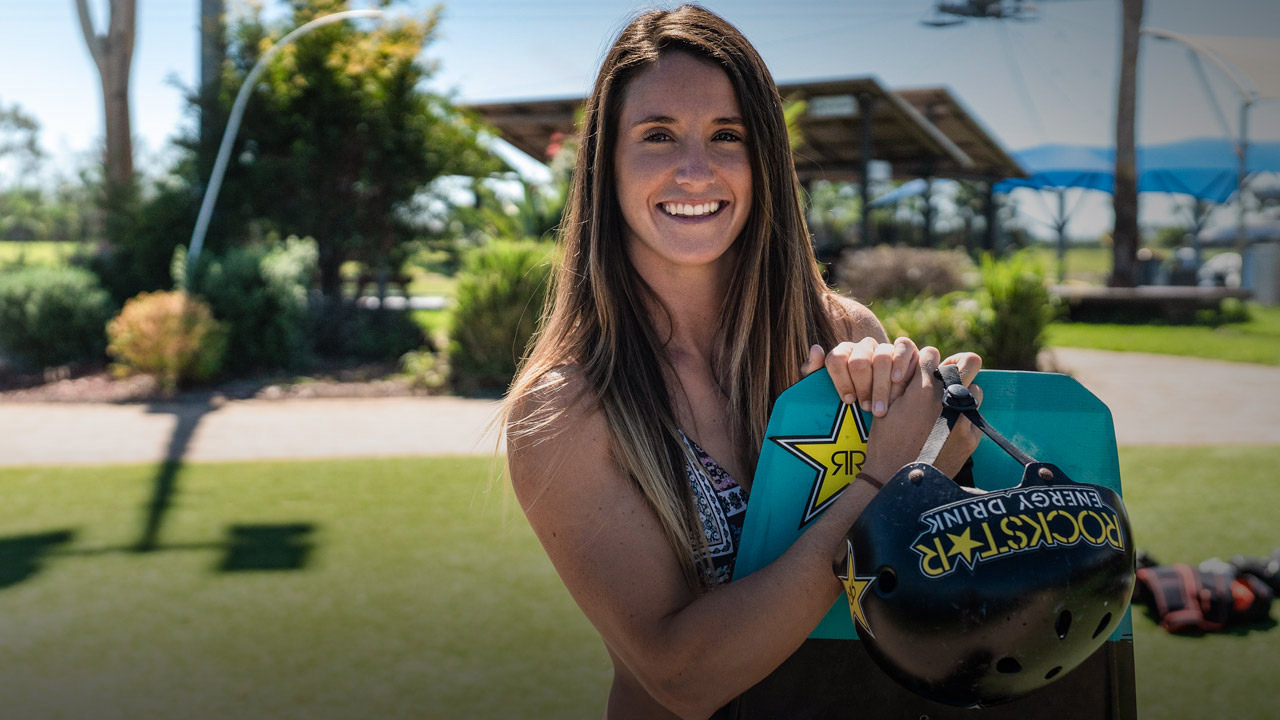That’s what a fighter pilot is
I remember my first flight in an F/A 18-Hornet – top speed Mach 1.8 or 1,915 km/h.
You head out off the coast and within four minutes of taking off on your first flight you’re at 30,000 feet, a 20-year-old kid flying a $50 million jet fighter at supersonic speed over the ocean.
When you are doing that you feel confident, but not arrogant. You don’t feel invincible either, because that’s beaten out of you in the military, and you’ve always got a lot more to learn.
Fighter pilots tend to be brothers in arms, sharing the same personality. I know fighter pilots from here, America, where I flew for three years, Asia and Europe and it’s like we’re from the same mould.
I can meet a fighter pilot for the first time, from a different country, and it’s guaranteed we’re just going to hit it off and we’ll be laughing at the same jokes, we’ll be carrying on in the same way, the same aggressive stance. If someone’s threatening us, we’ll stand up side by side.
I’d been told that I didn’t have what it takes, and I wasn’t disciplined enough to be a fighter pilot. Every fighter pilot I met was exactly the same. In fact the majority of us were told at school that we’d amount to nothing, because we were too gung-ho, and too quick to jump and make decisions. ‘Too quick and not stable enough’, was the comment for all of us.
And that’s what a fighter pilot is.

A golden round can find your head
When you’re out in war, you can be the world’s best fighter pilot, but a golden round still can come and find your head.
I had come back to Australia with my wife Pedita, who was a doctor in the Air Force and also retired as a Wing Commander.
We were dating when I was flying combat missions back in the early 2000s and she was reading all the reports every morning at work about all the missions that were being flown.
We have a son, Mitchell, who is 14. When he was younger, I thought, ‘I’ve been to war; I’ve been shot at, I’ve had near misses, and I want to give my son some stability. What do I want to do for the rest of my life? Do I want to stay in the Air Force, and move around and if there’s another war in the Middle East, get sent there and get shot at, or do I want to stabilise myself?’
So, I chose to stabilise and I started looking for opportunities. I needed something that had a challenge and it had to involve flying, so it came down to racing planes.

Everyone who asks me about Pedita, says, ‘I don’t know how she deals with you racing planes.’
She flew in a lot of planes in her career as a flight surgeon, and has the same view as me: this is much easier than getting up every morning and turning the computer on hoping there’s not a mission report of a jet being shot down.
Racing planes, I control my own risk levels. Whereas when you’re flying around in formation with jet fighters, you can be shot down or, even in training, someone else can run into you.
It wasn’t about chasing adrenaline, because I hate adrenaline. If I get adrenaline in an aircraft, it means that I’ve lost control of the situation. Adrenaline comes when you don’t know what the outcome is going to be. And I’ve only had it probably two or three times in my career. Once was when I first got shot at. It makes me feel sick in the stomach that I’m no longer in control.

My eyeballs were sweating
I’m a goal-oriented person, so I need to be doing something or fixing something, making something better or faster or more efficient.
And, what better way to do that than combining aviation and competition as a professional sportsperson?
The Red Bull Air Race has given me that. I have to be good and I’m always being compared to somebody else. That creates stress but also immense satisfaction when you can go toe-to-toe with somebody and beat them.
The air race had been going for three years when I started my training, and I entered in its fifth year. I came fifth at my first race, and the director of the series said, ‘It’s almost like this sport was invented for you.’
Being someone who has flown fighters, I’m used to dealing with a lot of pressure. I run my own small team and I’m already trained as a leader in the Air Force and I like to fly aerobatics on the weekend. It was a perfect fit.
1 week out from race weekend. THIS, is what it takes to be a Red Bull Air Race pilot. Welcome aboard. #TeamMHR
Posted by Matt Hall Racing on Friday, 7 June 2019
In that first year everyone thought, ‘he’s one of the new guys, he’s going to come last’, and I finished the season ranked third.
The competitors come from various backgrounds. There was one other previous fighter pilot, but he had been flying for the airlines for 15 years, so I was the first fighter pilot to come out of flying fighters directly into racing.
I was unique in that regard, because I didn’t have anywhere near the experience of the other guys in flying these small manoeuvrable aerobatic planes, but what I had was mental discipline from being shot at, and not letting it worry me.
I came second in three of the four years before the series that just ended. Twice I missed out by few hundredths of a second in the final round, and for that to happen was heartbreaking.
Lining up to race earlier this month in the final event, to potentially have it happen all over again, took a lot of mental fortitude to go, ‘Yep, it’s just another race.’
I knew, going into the final flight what I had to do. I knew I had it in the bag as long as I didn’t make an error, fly cleanly and finish third or better.
I coasted through the track, knowing I’d just play it cool, calm. And as I came out of the track, I knew that I’d done enough, and within 10 seconds of finishing I was told over the radio that I was the world champion.
I’m not too emotional. But probably more so than people expect from a combat experienced fighter pilot. I’m very, very good at controlling emotions and being very compartmentalised when I’m focused. But as soon as the focus comes off, I can get emotional, and in fact, that’s exactly what happened.
When they told me I was world champion my first thought was, ‘I know I am, thank you. That’ll do.’ And then about 10 seconds later, I relaxed, and my eyeballs must have been hot, because they were sweating.
I feel the sport doesn’t have the right level of recognition in Australia and more would be good for the sport to continue to grow.
Because any sport, if someone’s putting their heart and soul into it, the same emotions are involved. There’s heartbreak, there’s effort, there’s stress, there’s sleepless nights. That’s what it is for a professional sportsperson. So, it doesn’t matter if you’re a cricketer, a swimmer or a cliff diver.
I guess I’m a little bit disappointed with the Australian media, that there is an Australian world champion at a sport, and the achievement hasn’t been recognised very well.
The best thing I ever did
My son Mitchell flies a little bit with me, but he’s not as interested in flying as I was. That doesn’t worry me too much, because I nearly killed myself so many times. I’m happy for him not to do that.
If he comes and tells me one day, ‘I want to join the military’, I’d say, ‘Go for it, it’s the best thing I ever did.’
My dad was at the final race in Japan to watch me become a world champion.
He’s proud that he taught me to fly, and he’s watched me go through everything, good and bad.
I think he worries about me a bit, but I am who I am, and you can’t stop me doing what I do.



